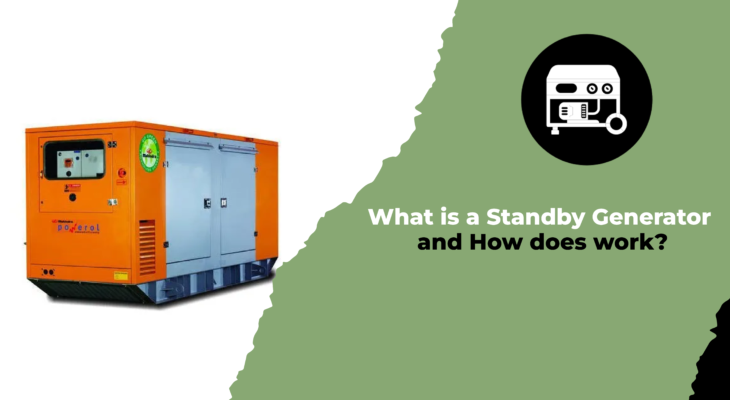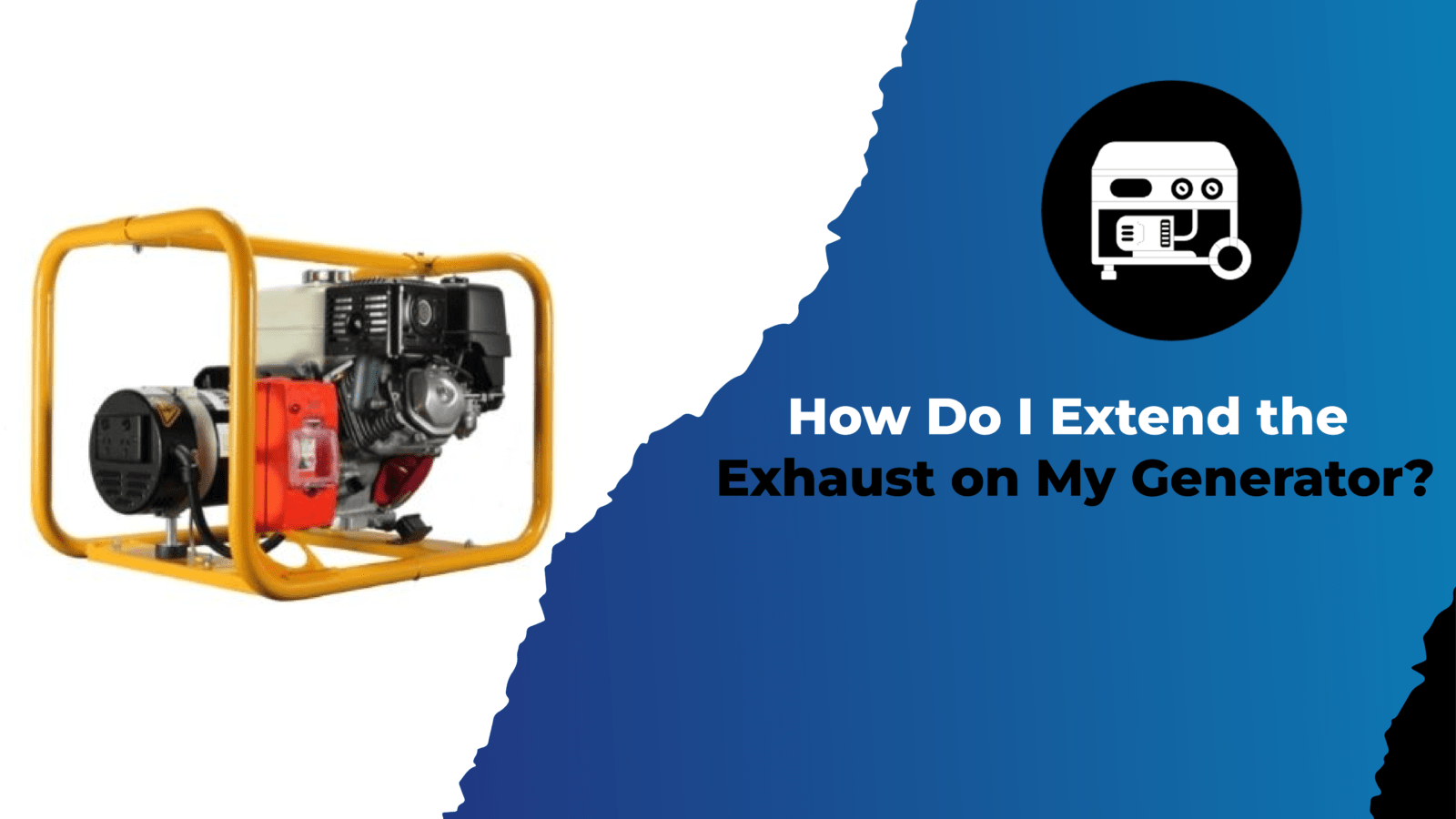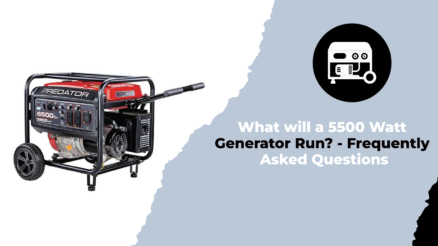If I have to describe a standby generator in one word, I would say that it’s a blessing. A standby generator is your companion in a power outage when there is no electricity to light up your home, camping site, or small business, a generator can work wonders here.
To define it, “a standby generator is a backup power source that supplies electricity to your home, camp, construction site or business at the time of longer power outage.”
The standby generator instantly turns on during a power outage and supplies the home’s appliances and light outlets with electricity. A standby generator may run a few essential appliances or the entire house, depending on your demands and budget.
Our homes are totally dependent on electricity and when there is no light life seems to be stopped. Let’s suppose you have a motor pump that pumps water from an underground well. If there is no light you can’t turn on the motor, and in turn, you would have nothing to drink or flush your toilet. No one can neglect the importance of a generator.
In actuality, every house that experiences power outages requires a backup generator. Even the smallest standby generator is still able to heat the house, run the well pump and sump pump, microwave meals, keep food refrigerated or frozen, and power two lighting circuits to keep the lights on in the event of a power outage.
There are many standby generators available in the market manufactured by different renowned brands. You can search for them online or can check our recommended products.
How does a standby generator work?
In this part of the article, we will discuss the working principle of a standby generator or how a generator work. There are different types of generators available in the market for different purposes. For example, there are commercial and home backup generators available that work according to the customer’s needs. Commercial backup generators that are fueled by an external fuel source, like diesel or natural gas, are connected directly to the electrical panel at your facility.
When used in conjunction with an ATS (Automatic Transfer Switch), backup generators often start up within seconds after a power loss due to a power outage. Following a power loss, an ATS disconnects your building from the primary utility power grid.
The switch activates the generator and causes it to start generating electricity for the facility’s electrical panel after the facility has been safely and totally disconnected from the power grid.
The automated transfer switch instructs the generator to shut off when the site is once again connected to the main power grid. The fact that an ATS prevents power from being back fed to the grid is the single largest safety benefit of employing a generator. Back feeding, when the generator sends electricity to the main grid, is dangerous and can cause fires, gravely hurt or even kill utility personnel who are working on the power lines to restore power to your area.
MTS (Manual Transfer Switch), as the name suggests can’t turn on its own. Someone has to turn on this transfer switch when the site loses power connection. But there is a danger due to bad weather, and natural disasters, this also increases the risk of back feeding. So, it is advisable to have an automatic transfer switch.
Components of a Generator
The components of a standby generator are as follows:
- Generator
- Battery
- Fuel system
- Exhaust system
- Air intake and outlet pipes
- Emergency control system
Application of a standby Generator
Standby commercial generators utilized as a backup power source may maintain safe working environments for you and your staff in addition to keeping the lights on. This indicates that if there is a power outage, lights and machinery will still work as usual.
With the help of a backup commercial standby generator, automated computer systems and equipment like servers, manufacturing and processing machinery, and even security systems, can remain operational. The ability to minimize revenue loss and maintain productivity is the most essential benefit of having a standby generator for your organization.
Standby vs Backup Generator
People are often confused between the standby generator and the backup generator. So, to make clear the difference between both of them let’s have a look;
| Standby generator | Backup generator |
| It is installed on your house permanently | It is a temporary installation |
| It turns on automatically when the power goes out | Someone has to pull its cord |
| Expertise needed for its | Anyone can use it. |
| It uses Fuel like Liquid propane or natural gas | It usually uses gasoline. |
| You can run all the home appliances on a standby generator. | You can run only several appliances on the generator. |
| You cant move this generator | It is a portable generator |
Are standby generators safe?
Portable generators frequently require fuel, and you must keep them close enough to your important appliances to connect to them. The unfortunate result of this is that fumes will be released near your home. You run the risk of a carbon monoxide buildup that could have negative health effects if you utilize portable generators inside your home.
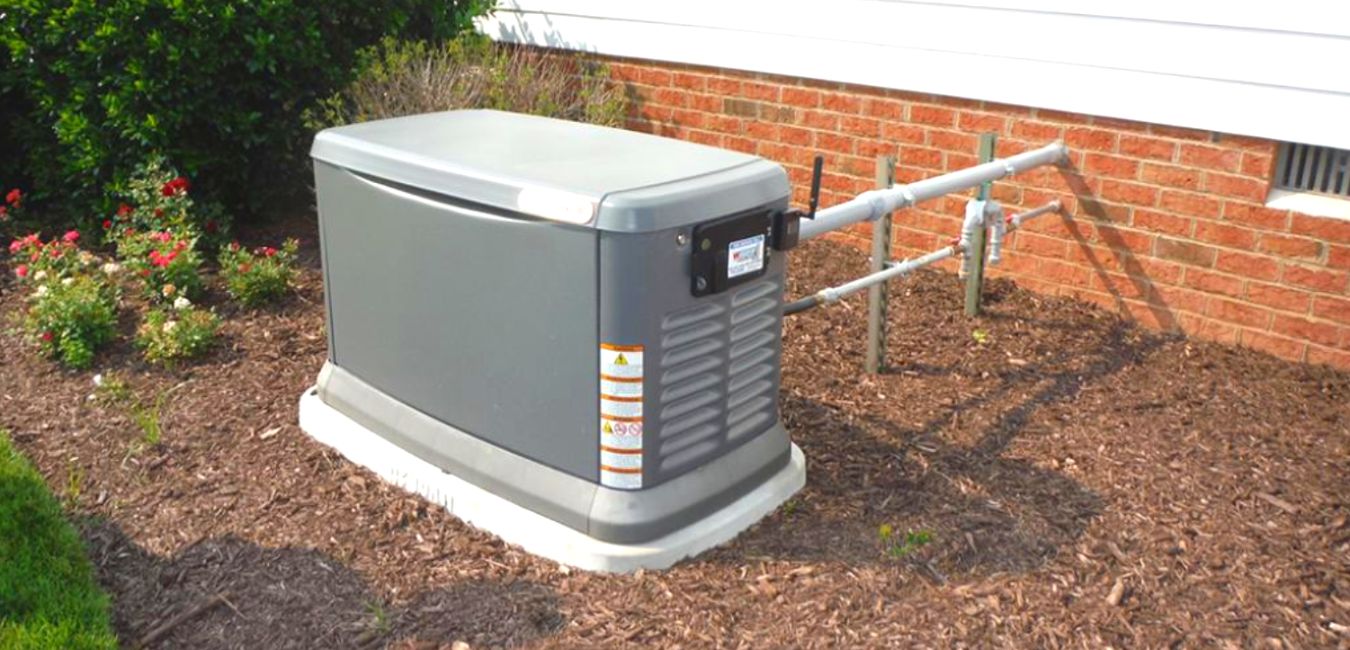
During a power outage, you might use fuel near a fire to light candles and fuses, which can be hazardous.
In contrast to portable generators, standby generators don’t produce as much smoke. In order to prevent a buildup of fumes in your living space, they are also maintained outside the house. They are connected to your current fuel source, like your natural gas line, so you don’t have to add fuel to them.
Additionally, having a standby generator as a backup source of electricity for your home is considerably safer than going without because it will enable you to keep the lights on and prevent accidents in the dark.
Why should I invest in Standby Generator?
There are many reasons that encourage you to invest in a standby generator:
Medical Supplies
A lot of people rely on life-supporting medical technology to survive. Although this equipment is connected to your electricity, a power outage would leave you without access to medical care.
In the event of a power loss, people who depend on CPAP machines, chair lifts, electric wheelchairs, ventilators, and other devices could all at once become extremely vulnerable. It is highly recommended that you buy a standby generator if you or your loved ones depend on this kind of medical equipment.
Continue using security systems
The majority of home security systems require power to operate. Your safety is compromised when the power goes off. When prioritizing particular appliances and devices when using a portable generator, you most likely won’t have the power or capability to keep your security systems operating.
A standby generator gives you more power so you can keep up with your priorities without missing a beat.
Fridge
You can be putting hundreds of dollars worth of groceries at risk if you have a lot of frozen and chilled food on hand if you don’t have a generator. Your food will all spoil when the insulation in your refrigerator and freezer fails over time.

Some individuals use coolers and ice to try to avert this outcome, but these methods are also not foolproof. When a natural disaster occurs, a large number of people rush to the store to buy supplies in large quantities.
In the event of a natural disaster, a large number of people rush to the shop and buy necessities in bulk, such as ice, perhaps leaving you without any. Additionally, coolers have a limited lifespan, so it’s only a matter of time before your food expires.
Power Outages
People in some locations have more outages than usual because of inadequate infrastructure or frequently harsh weather. Purchasing a standby generator is worthwhile if you reside in a region with frequent power outages. If not, you’ll be subjecting yourself to discomfort and unforeseen expenses far too frequently.
Things that should be kept in mind before installing a Standby Generator
There are a few important things that any person who purchases a standby generator must consider. Have a look at them:
Cost
The cost of a generator matters a lot. These generators are usually very expensive but worth buying as it is your best companion in time of energy crisis.
Fuel
Fuel is needed to operate the generator. Take care of the quantity that how much fuel is required for the days.
Costs of Repair and Maintenance
Diesel generators are more desirable for businesses because they require less maintenance than their natural gas counterparts, even though both should be maintained routinely. We have some generator maintenance tips that would be very helpful to you.
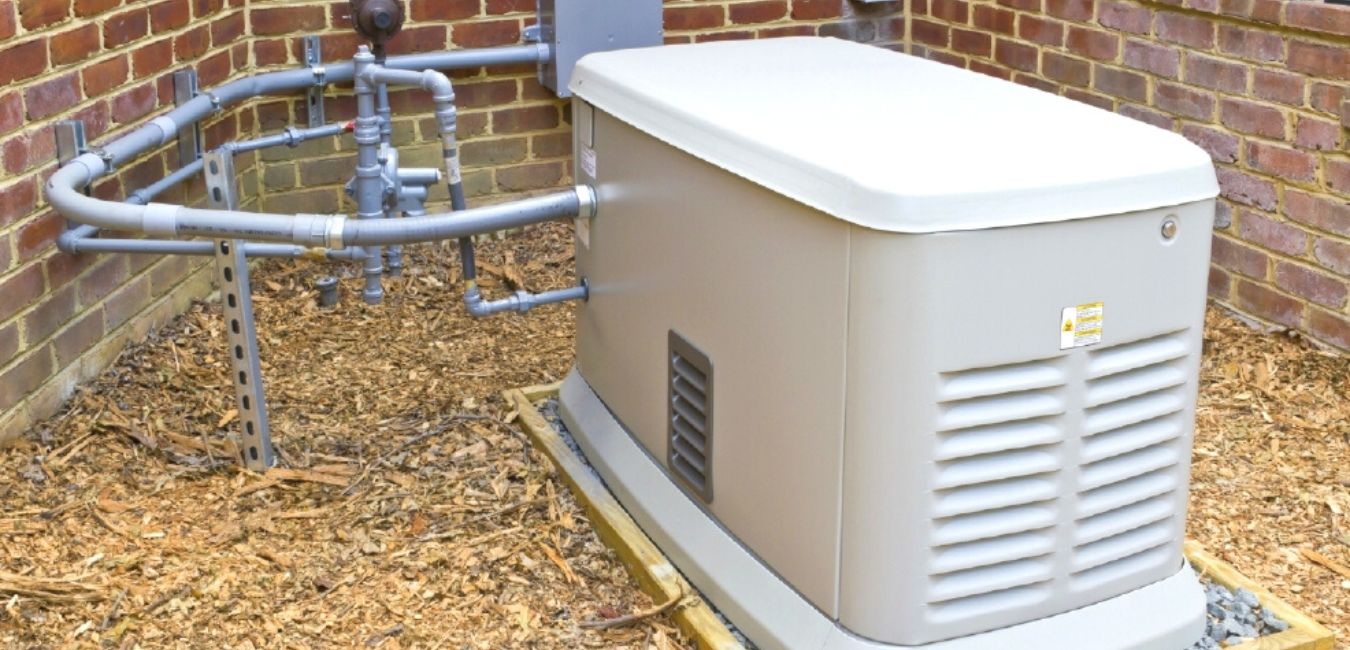
Fuel Reserves
Fuel storage is not necessary for natural gas generators because they are often connected to the main gas pipeline. The generator will be able to operate and work anytime it is needed as long as there are no disruptions with your utility service. A substantial amount of natural gas is also exceedingly harmful to breathe in.
Noise
Natural gas generators operate more silently than diesel generators, which emit loud noise that may be harmful to human hearing. A sound-attenuated enclosure can help both types of generators produce less noise.
When selecting a commercial generator, there are a number of additional considerations to take into account, such as emissions and durability.
What is a Standby Generator – FAQs
Conclusion
When you return from a week-long vacation, all you need to discover is that your refrigerator is spoiled and your house has flooded without the aid of your sump pump. Put an end to your hesitation. You put your finances, comfort, and possibly your life at risk every day you don’t have a standby generator. You’ll have peace of mind and avoid hundreds in unanticipated costs if you have a whole-house generator.


